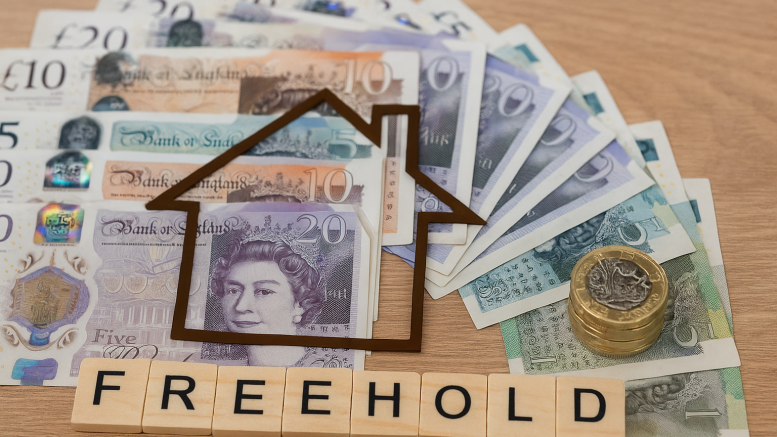Homebuyers across England and Wales are paying nearly a third more for freehold properties than leasehold, and in some areas the premium is more than double, fresh data from hybrid estate agency Yopa shows. The findings highlight how ownership rules continue to shape house prices despite recent government reforms.
Freehold premiums surge across England and Wales
Yopa analysed Land Registry transactions over the past 12 months and found the median home price was £292,500. Freehold purchases averaged £310,000, almost 30% higher than the £230,000 median for leasehold. The South East recorded the strongest regional premium at 60.6%, followed closely by the East Midlands (59.5%) and West Midlands (54.7%).
In London’s City of Westminster, buyers paid a staggering 109.9% more for a freehold, £2.7 million compared with £785,000 for a leasehold. Other hotspots for outsized premiums include Kensington and Chelsea (102.5%), the Isles of Scilly (97%), and Camden (95.5%).
Why freehold commands a higher price
Freehold homes give owners control of both property and land, eliminating ground rent, service charges, and costly lease extensions. Verona Frankish, Yopa’s chief executive, said: “Those looking to purchase a freehold will pay a considerable premium versus leasehold properties and this is largely down to the benefits they offer-such as the absence of ongoing costs like ground rent and service charges.”
Leasehold scandals over escalating ground rents and excessive service charges have also tarnished buyer sentiment, further widening the gap.
Implications for landlords and investors
For buy-to-let investors, the choice between freehold and leasehold directly affects running costs and long-term yields. “Owning the freehold can provide more flexibility on alterations and sub-letting, with fewer restrictions and no service charge surprises,” said Sarah Mitchell, a Manchester-based landlord who has shifted her portfolio to freehold houses over the past five years.
Government measures such as the Leasehold Reform (Ground Rent) Act 2022 and the Leasehold and Freehold Reform Act 2024 aim to level the playing field. But Yopa notes these reforms have yet to narrow the price gap, meaning freehold stock remains the safer-if costlier-bet for many investors.
Editor’s view
The freehold premium is a telling barometer of buyer psychology. Despite legislative efforts to make leaseholds fairer, investors continue to prize the autonomy and stability of full ownership. Will ongoing reforms eventually close the gap, or will freehold remain the gold standard for those seeking long-term security and stronger rental returns? For now, the market’s verdict is clear: control commands a price.








